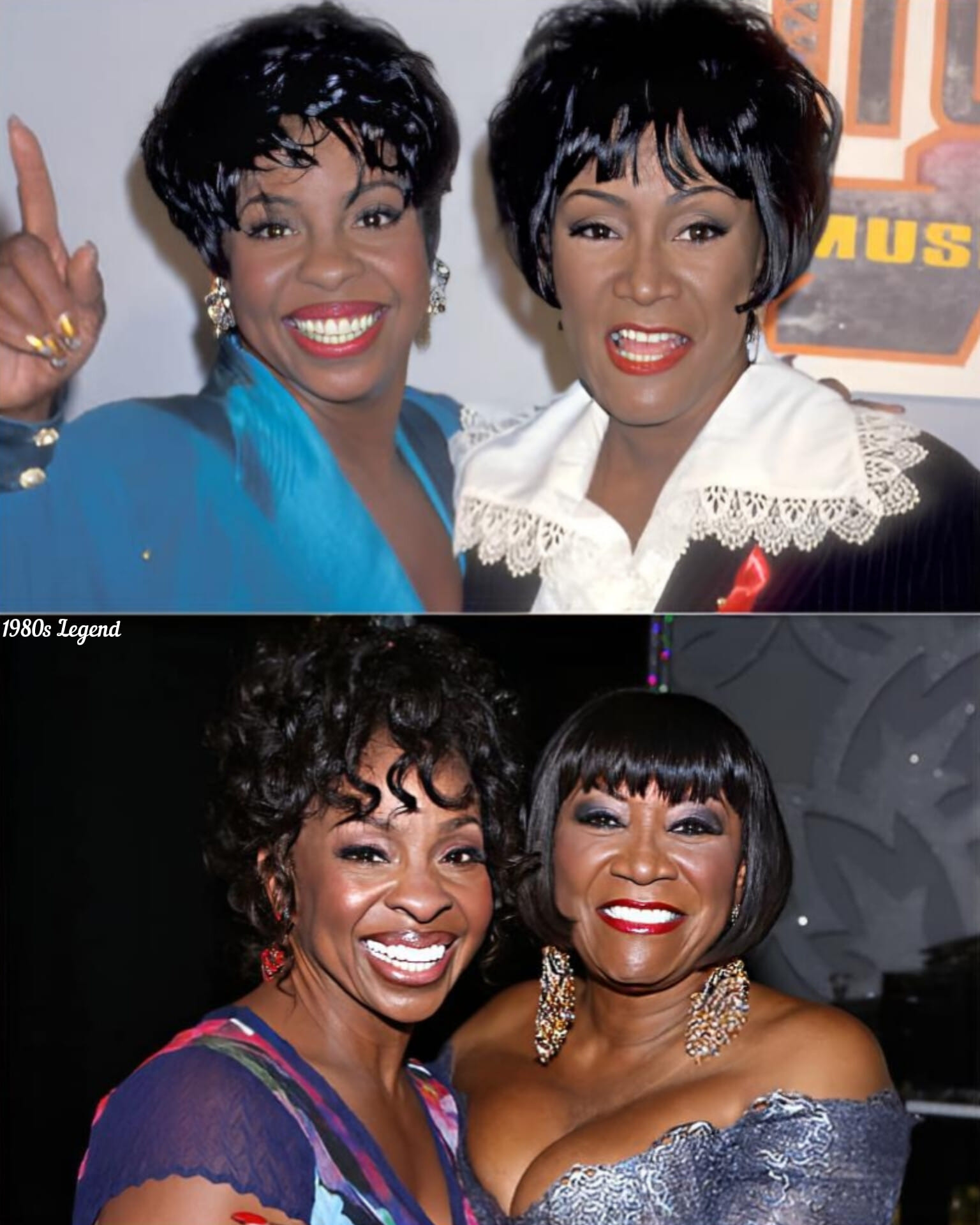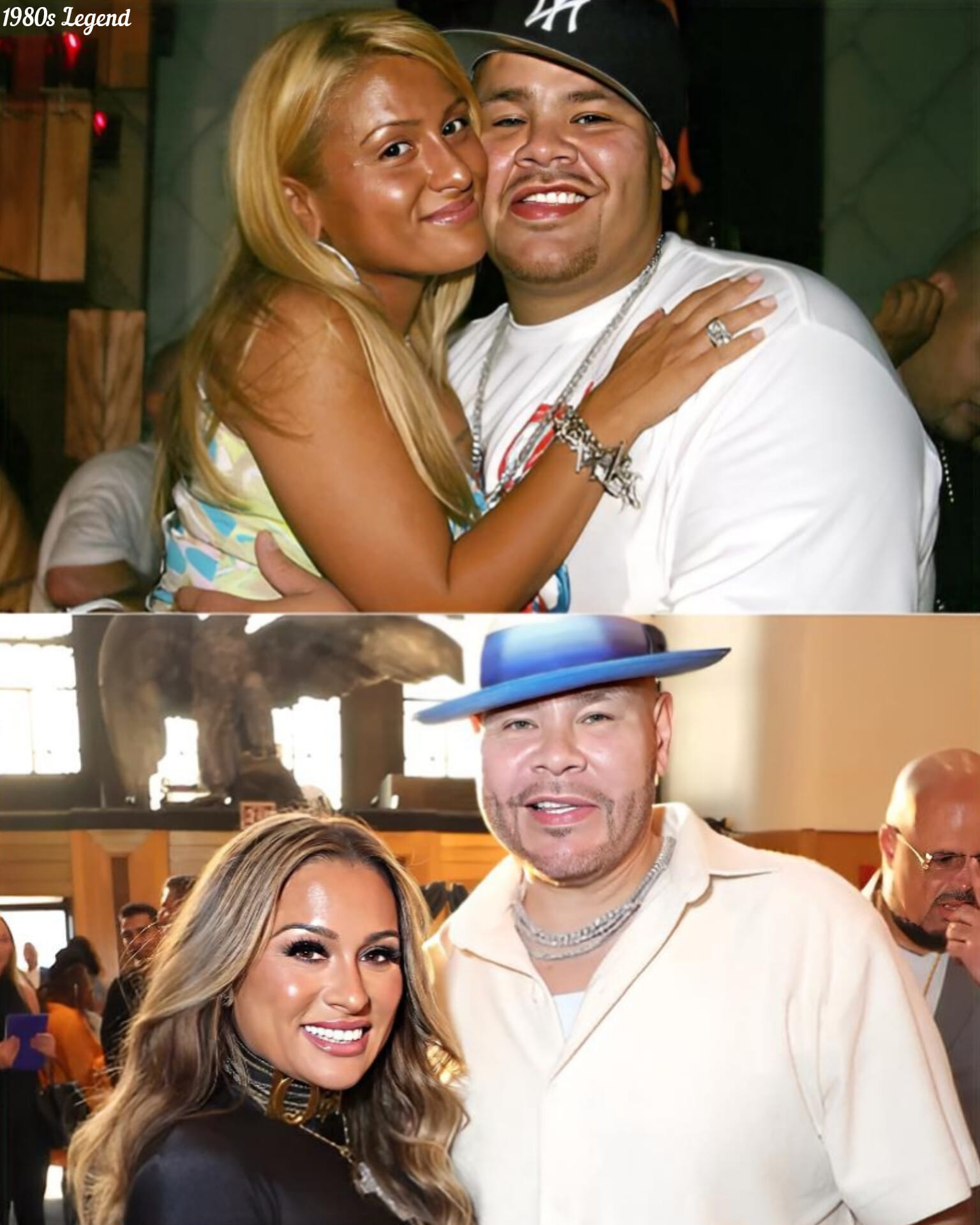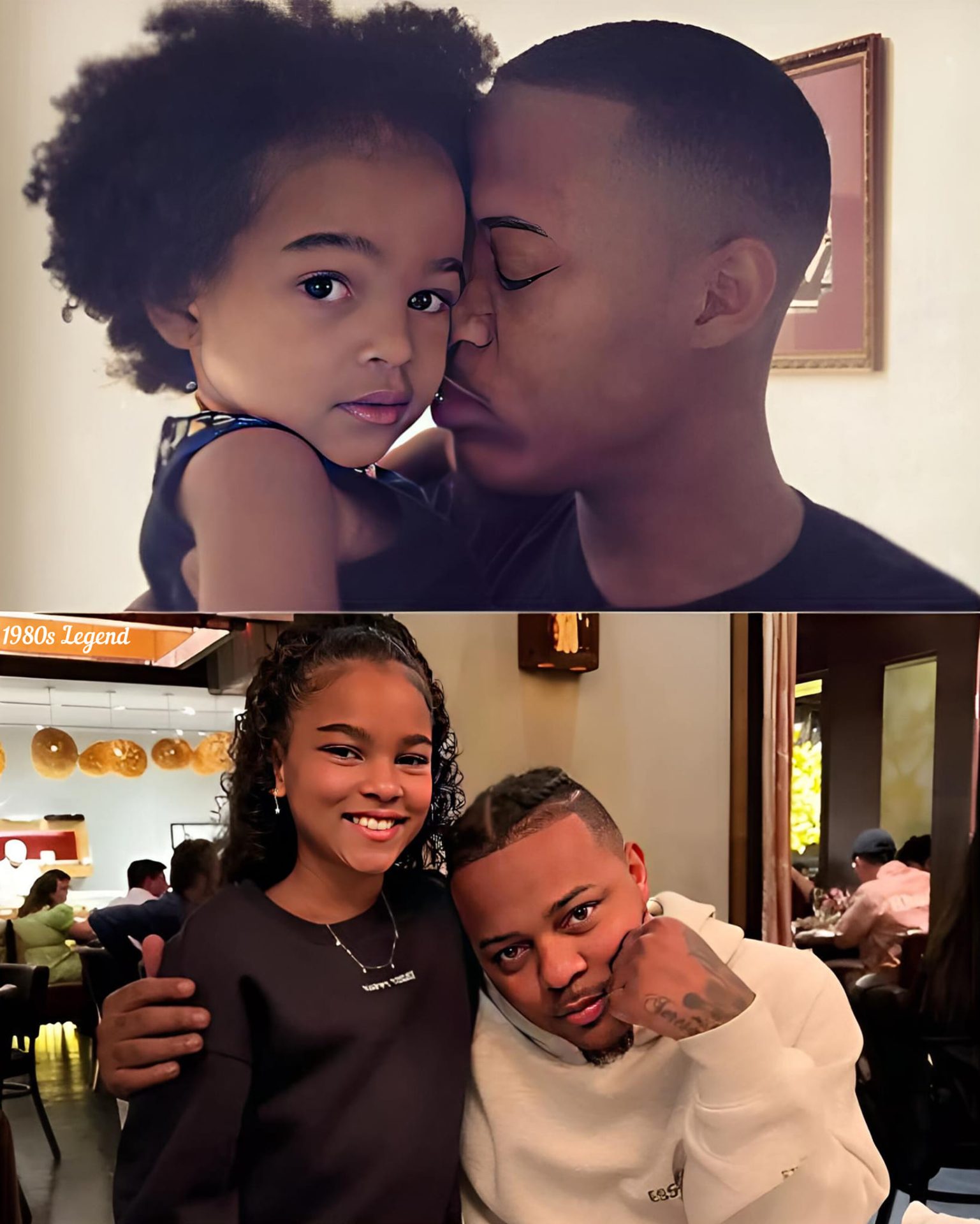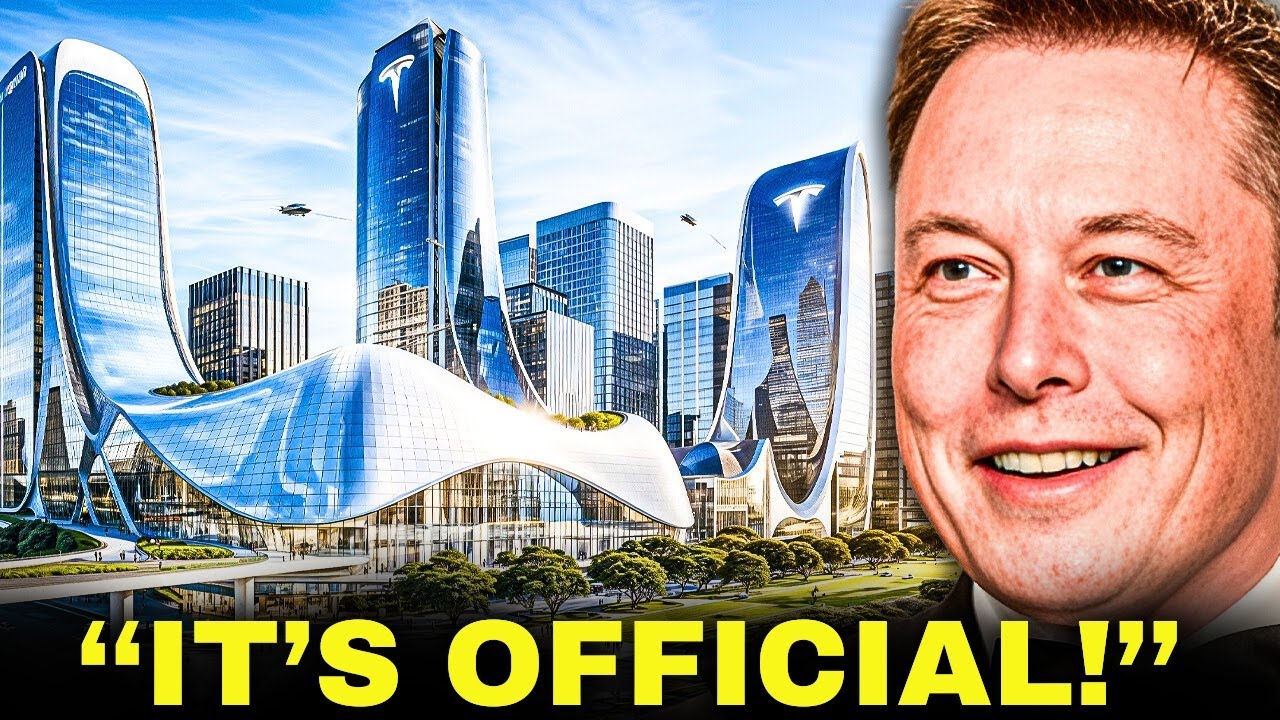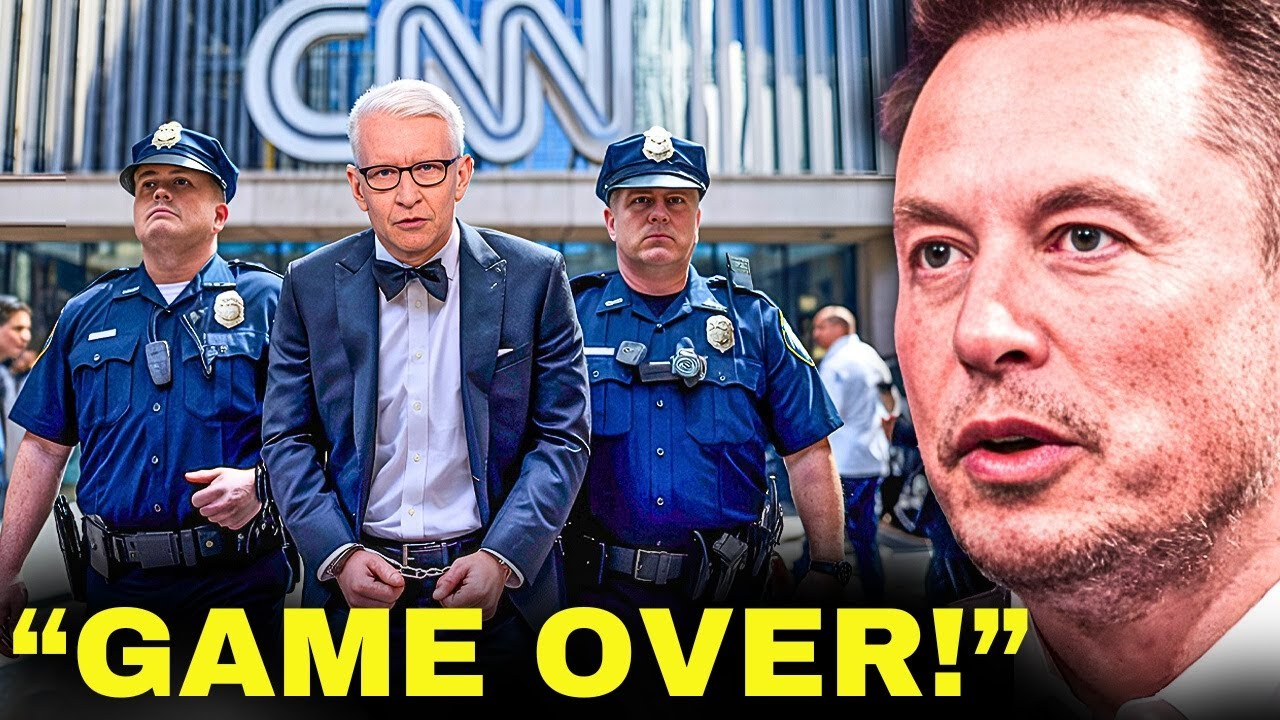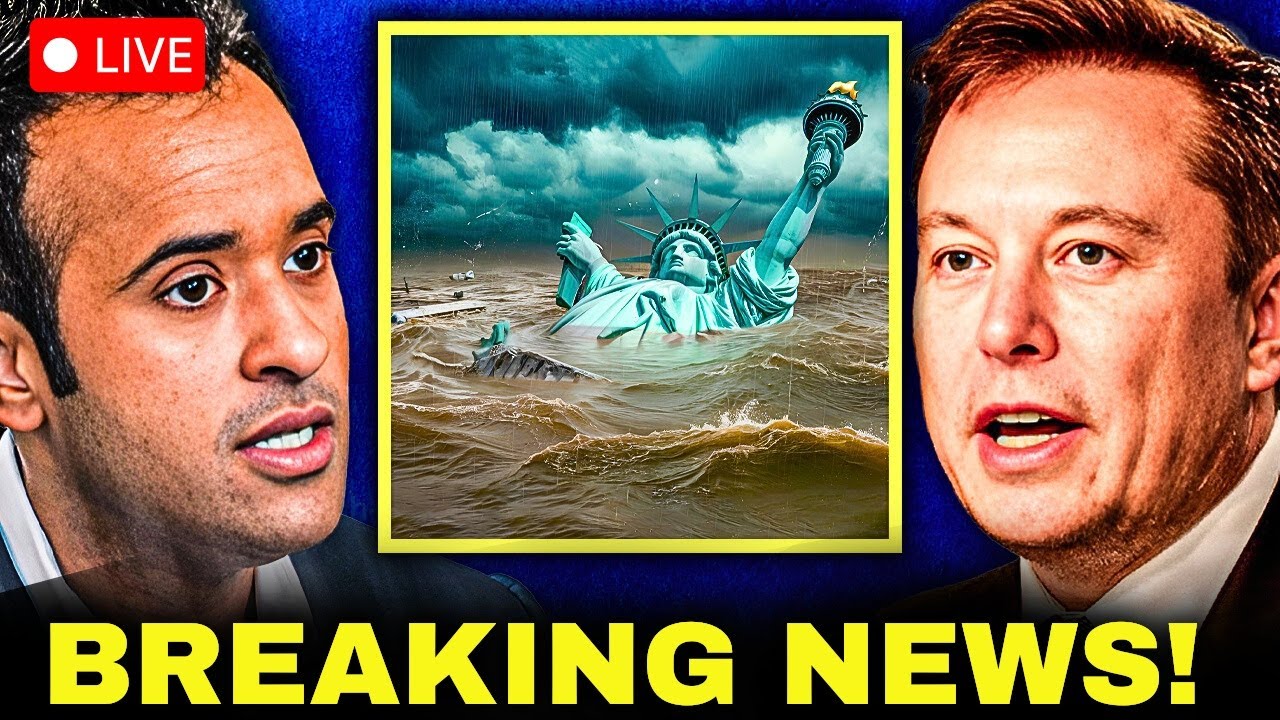Elon Musk has publicly criticized California Governor Gavin Newsom’s response to a satirical AI-generated video featuring Vice President Kamala Harris, arguing that parody falls under the protections of free speech laws. In the wake of the video’s release, Newsom proposed legislation aimed at making the manipulation of voices in videos illegal, asserting that such content can be harmful and misleading to the public.

Musk defended the use of parody and satire, characterizing them as essential tools for free expression. He contends that excessive regulation in this area could lead to censorship of humor and criticism, stifling the creative freedoms that are vital to a democratic society.
This conflict highlights a broader debate over the role of AI in media, particularly the fine line between the potential dangers of misinformation and the need to uphold free speech. As technology continues to evolve, the tension between unregulated content creation and the necessity for oversight is expected to intensify. Musk and Newsom’s opposing viewpoints represent a significant discussion about how society should navigate the challenges posed by AI-generated content in the context of freedom of expression and the protection of the public from misleading information.
